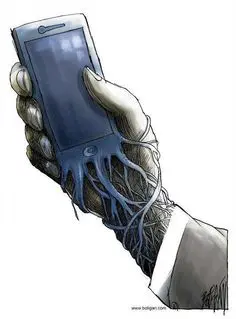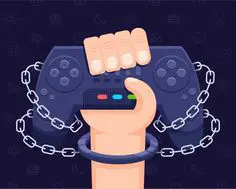
Empowering Yourself: Self-Help Strategies for Gaming Addiction Recovery
- Admin
Facing gaming addiction can feel overwhelming, but there are numerous self-help strategies that individuals can employ to take control of their gaming habits and embark on a path to recovery. In this article, we'll explore empowering self-help techniques tailored for overcoming gaming addiction and fostering a healthier relationship with gaming.
1. Acknowledge the Problem:
The first step towards recovery from gaming addiction is acknowledging that there is a problem. Admitting to oneself that gaming has become a source of distress or interference in daily life is a crucial first step in initiating change.
2. Set Clear Goals and Boundaries:
Establishing clear goals and boundaries around gaming can help individuals regain control over their gaming habits. Set specific limits on gaming time, designate gaming-free zones or times, and prioritize other activities such as hobbies, exercise, or socializing.
3. Identify Triggers and Coping Strategies:
Reflect on the triggers that prompt excessive gaming behavior and develop healthy coping strategies to manage them. This may involve identifying emotional triggers such as stress, boredom, or loneliness and finding alternative ways to address these feelings without resorting to gaming.
4. Practice Mindfulness and Self-Reflection:
Mindfulness techniques such as meditation, deep breathing exercises, and journaling can help individuals develop greater self-awareness and emotional regulation skills. By practicing mindfulness, individuals can become more attuned to their thoughts, feelings, and behaviors, empowering them to make healthier choices.
5. Engage in Alternative Activities:
Find alternative activities that bring joy, fulfillment, and meaning to life outside of gaming. Explore hobbies, interests, and social activities that provide a sense of satisfaction and connection with others. Engaging in diverse activities helps individuals reduce the time and energy devoted to gaming.
6. Seek Social Support:
Reach out to friends, family members, or support groups for encouragement, understanding, and accountability. Sharing experiences and challenges with others who have gone through similar struggles can provide validation and motivation on the journey to recovery.
7. Practice Self-Compassion:
Be kind to yourself throughout the recovery process and acknowledge that setbacks are a normal part of the journey. Practice self-compassion by treating yourself with understanding, patience, and forgiveness, even when facing challenges or relapses.
8. Consider Professional Help if Needed:
If self-help strategies alone are not sufficient in managing gaming addiction, consider seeking professional help from therapists, counselors, or support groups specializing in addiction treatment. Professional guidance and support can provide valuable insights, tools, and resources for overcoming gaming addiction.
Conclusion:
Overcoming gaming addiction is a journey that requires commitment, perseverance, and self-awareness. By employing self-help strategies such as setting clear goals, identifying triggers, practicing mindfulness, engaging in alternative activities, seeking social support, and practicing self-compassion, individuals can take proactive steps towards recovery and reclaim control over their lives. Remember, recovery is possible, and every small step forward is a victory on the path to a healthier and more balanced relationship with gaming.
